When you hear the word sardines, do you think about stinky, smelly little fish in a can that smell too gross to eat? Why then would anyone want to feed sardines to their cat?
Well, for starters, the benefits outweigh the smell. Vitamins B12 and D are critical to your cat’s health and are packed in these smelly little fish, making them an ideal addition to your kitty’s nutrition.
Before You Buy That Can of Sardines
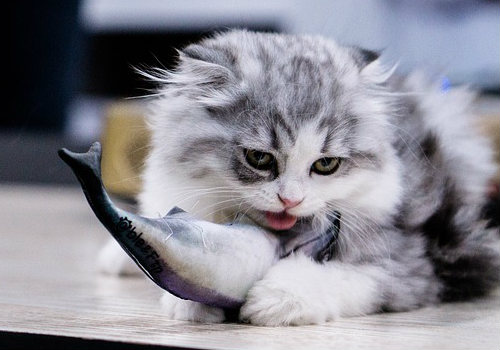
When shopping for sardines for your cat, two things are important.
[amazon bestseller=”sardines in oil”]
1. Don’t Make Them the Main Source of Diet
Besides being an oily fish, sardines are also high in calories. Never make them the main source of your cat’s nutrition; instead, add a little bit of the can once a day to a meal or save them as a special treat a few times a week.
2. Make Sure They Are Packed in Water
Only buy sardines packed in water. Any type of oil may be harmful to a cat. Be sure to read the package labels, whether you buy a tin or plain, frozen sardines.
Are There Dangerous Toxins in Sardines?
While there seems to be a dangerous amount of toxins in the fish supply today, sardines aren’t as susceptible to accumulating them.
This species of fish is at the bottom of the food chain so they only feed on zooplankton and phytoplankton, not dangerous metals like mercury or other contaminants that other fish ingest.
You should not feed your cat predatory-fish like tuna and mackerel among others that live at the top of the food chain. These fish probably have high levels of heavy metals, like mercury, and other toxins like PCBs and pesticides, which are all very dangerous to cats.
Top 10 Benefits of Sardines for Cats
Sardines are a healthy and tasty treat for cats while being an excellent way to add omega-3 fatty acids to their diet. The addition of omega-3 fatty acids helps prevent heart disease and boost your cat’s immune system, two very healthy benefits.
More benefits include:
1. High-Quality Protein
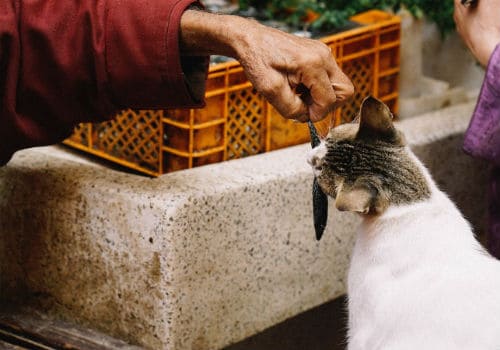
Your cat needs protein for the development of their muscles and tissues. Like humans, felines need protein for healthy skin, bones, joints, hair, and nails. Sardines contain many of the critical amino acids that cats can’t produce themselves.
2. Vitamin D – Extra Support for Bones and Joints
DHA and EPA are two of the main omega-3s found in sardines for joint health. In addition, the Vitamin D packed in these little fish aids in building and strengthening the feline bone structure.
3. Heart Healthy Nutritional Supplement
Vitamin B12 is an excellent provider of a feline’s cardiovascular health. When combined with the EPA and DHA in sardines, your cat gets the ultimate blend of heart healthy nutrition.
4. Fights Feline Cancer
Studies show that the omega-3s in sardines may keep tumors from forming and prevent the metastases of any cancers. Vitamin D in sardines may even be critical for preventing some cancers.
5. Healthy Brain Development
The DHA found in sardines may support and sharpen your cat’s ability to learn and sharpen their skills in memory, eyes, and psychomotor skills.
Especially important in older cats with aging brains, DHA in sardines benefits their cognitive health.
6. Feline Allergies
Does your cat sneeze frequently? She may have an allergy to particles from mold and pollen. The fatty acids in sardines may help to prevent these allergies from developing if you supplement a kitten’s food with these fish.
Sardines also have anti-inflammatory qualities essential in reducing any redness or inflammation from allergies.
7. Helps Prevent Cat Obesity
If you notice your kitty is getting a bit pudgy, omega-3s in sardines may help turn on your feline’s fat-burning genes and help them slim down.
8. Seizure Suppression Properties
If your cat has seizures, the anti-inflammatory properties of omega acids in sardines may increase your cat’s seizure threshold and help suppress seizure attacks.
9. All-Important Kidney Function
Older cats may be susceptible to kidney disorders or worse, kidney failure. The omega-3 acids in sardines may decelerate any loss in the kidney function of your kitty. That could mean the difference between feeding them regular food and paying extra for prescription kidney food from your veterinarian.
[amazon bestseller=”omega-3 for cat”]
10. Anti-Depressant and Mood Improvement
Does your cat seem a bit down in the dumps? Is she playing less or seem irritable? Adding sardines to her meals may improve her mood due to the nutritional properties found in sardines.
How to Feed Your Cat Sardines
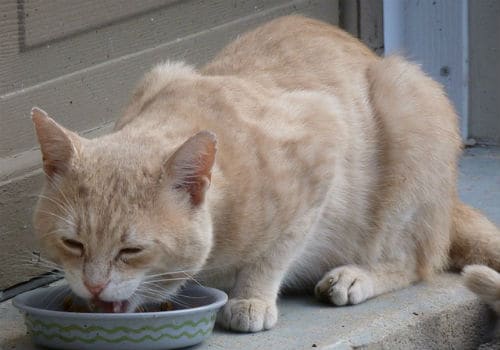
Decisions, decisions, and so many choices, it’s easy to get overwhelmed and confused. Starting with what and how to buy sardines for meal preparation, follow the tips below and you’ll find it much easier to feed your cat this essential fish.
Tip 1: Selection
Always go for the sardines packed in water. You may see them packed in a wide variety of things like oils, sauces or mustard. You want to avoid them, as they are higher in salt and may include harmful ingredients like garlic or onion.
If you’re not sure or your store doesn’t have water-packed sardines, you can opt for fresh, frozen sardines instead. Once thawed, finely chop it into a flavorful paste for your kitty.
Tip 2: How Much to Feed
Your adult cat should only have one sardine per day to get the nutritional supplements in the fish. You can place the chopped fish on top of her regular food or add it to her kibble.
Tip 3: One Weekly Meal
We’re all busy. You can save some time by feeding your cat a sardine meal once a week. However many sardines your cat would normally get during the week, set them aside for one “feast” of sardines each week.
Sardines have soft bones that your cat can chew, but it’s still a good idea to chop them up before adding them to your cat’s food. It also makes the fish easier to digest.
Too Much of a Good Thing
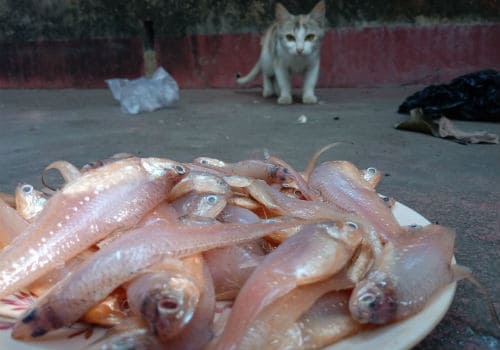
If your cat runs into the kitchen and starts meowing loudly as you open a can of sardines, don’t give her the whole can at once to shut her up. That will defeat the purpose of adding the essential fats to her diet.
Veterinarians caution cat owners against feeding their pets a whole can of sardines at one meal. At most, half the can provides enough of the sardine’s essential proteins and fats for your cat’s health.
Additionally, sardines are so high in calories that overfeeding may lead to obesity, especially in older cats that may not get enough exercise to stave off the pounds. Sardines are also high in salt content, which is rather unhealthy for your cat.
Sardines are rich in omega fatty acids and proteins that some cats may not process very well. If you notice that your cat develops loose stools or other negative digestive issues, cut back on the amount of sardines you feed her or stop feeding her sardines completely.
Can Kittens Eat Sardines?
It’s okay to feed sardines to your kitten as she will benefit from the nutritional properties too. However, kittens have a higher sensitivity to new food than adult cats, so there are a few things to consider before adding them to her meals.
Limit the amount of sardines to one or two per week. Since sardines are so high in fat and calories, more than two per week would not be healthy for a kitten.
Like with your adult cats, only buy sardines packed in water or fresh, frozen sardines you can thaw and process.
Although sardine bones are soft enough for adult cats to chew, you need to remove them for kittens. If you shred the fish first, it should remove any larger, more harmful sized bones.
After you feed your kitten sardines, watch them and make sure they don’t get sick. If they have any adverse reaction to sardines, don’t feed it to them again.
Can’t Feed Your Cat Sardines?
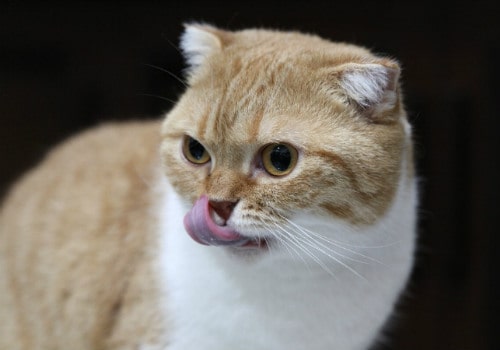
Some veterinarians recommend that you don’t feed fish to your cat at all. The concern is with possible fish contamination. Iodine in fish may cause hyperthyroidism in felines, which will cause them to lose weight.
Some vets caution against feeding fish and instead recommend fish oil supplements because the purity level is better, especially if you buy high-quality fish oil. Additionally, fish oil supplements rarely cause food sensitivities in cats.
If you can’t feed your cat sardines because of adverse reactions or prefer to listen to your cat’s doctor, don’t worry. There are other healthy alternatives. You can buy fish oil supplements with the same level of omega-3 essential fatty acids as sardines but without any side effects.
Many cat-treats also contain the fatty acids and protein supplements your cat needs. Your veterinarian can also give you suggestions if you notice your cat needs some extras that aren’t in her regular food.
Essential Water-Rich Diet
Along with adding some essential fatty acids and nutrients to your cat’s diet, it’s important that you keep her meal water-rich. Feeding a cat only dry-food may eventually cause kidney disease. It’s healthier to feed your cat wet food regularly and mix the sardines in with her regular meals.
[amazon bestseller=”cats wet food”]
"In ancient times cats were worshipped as gods; they have not forgotten this."
-- Terry Pratchett

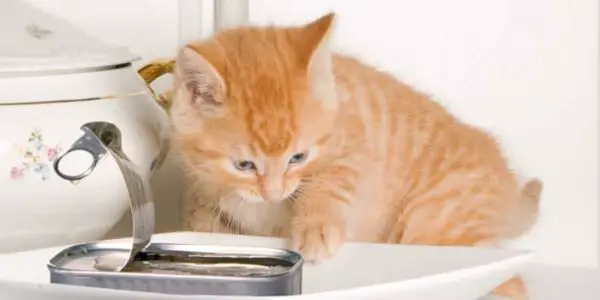
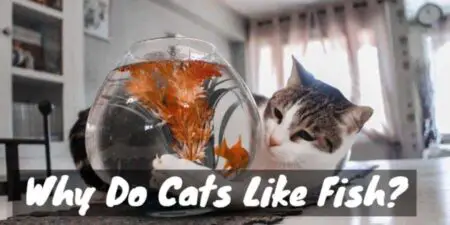


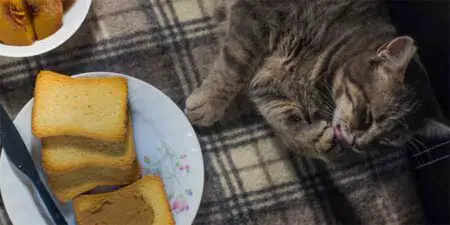
Just yesterday I was eatin’ some sardines with my little princess … yummy stuff
I gave my cat some sardines (sans bones) for the first time just recently and she didn’t really like them. So I guess not all cats are into fish!
My Kitty adores sardines in EVO wild caught. They contain high levels of phosphorous & you cannot avoid the salt. Each brand changes its salt content. Salt is toxic to cats & high levels of phosphorous is horrible for CKD. You can obtain Omega 3 in vegan form. There are several brands out there thus avoiding fish mercury toxicity & killing more fish. Unfortunately I had to quit her favorite treat because fish is a no no by many Vets. I purchase the long chain vegan omegas directly from algae & make sure she gets them. These omega 3 smell very much like fish oil . . .